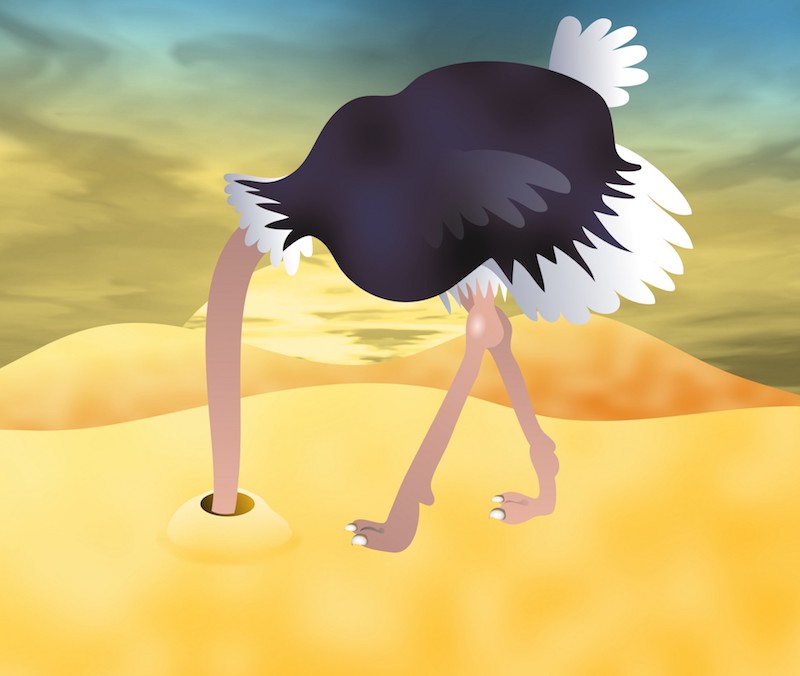ACT at the time of COVID-19
By Marcela Costanzo
I woke up this morning with the unsettling feeling of finding a new and scary world out there, this is how much change has happened in so little time. It brought home to me what has been emphasized to us ACT practitioners at every training we have ever done: the value of applying skills on ourselves, not only to develop mastery, but also to truly experience the benefits of what we as therapists suggest to our clients.
This morning I had to make a conscious effort to follow that advice closely. The last few weeks have seen a rise in anxiety levels for everyone I know, and I am not an exception to that. Like many people, my mind alternated between disbelief and bleak scenarios; getting caught up in assumptions, rules and judgments that quickly became unhelpful.
Of course, being an ACT therapist, I understood that my anxious mind was trying to be my friend, save me from potential danger and alert me to treacherous situations. After all, that is the duty of the human mind!
And then I grounded myself, putting both feet on the floor and asked myself: ‘What is important for me right now?’ I noticed how my mind tried really hard to pull me out of this exercise. However, I realized I still have some choices and focused on those things I still some control over, like writing a blog for our clients at the Brisbane ACT centre.
I noticed the uncomfortable emotions that showed up: frustration, impatience, fear and anger just to name a few. Readers may be experiencing those emotions as well. It is totally understandable! After all, I would have preferred to be writing about something else right now, and things may get worse before they improve. How can we not feel anxious at this unprecedented time? And yet, remember that you still have some control over your actions.
You can still choose to act kindly and compassionately towards family and friends, colleagues, and fellow shoppers at the supermarket.
You can still spare a compassionate thought for the countless people who have lost their jobs and are struggling to pay their rent, and for all of us who have to spend more time at home. In these circumstances, some may be more lonely and others may be experiencing the stress of spending long periods with an abusive family member.
Personally, a commitment I made early this morning is to catch myself every time I say ‘Now I can’t ….’ And replace it by ‘How can I ..? So I would love to invite you to join me in being creative in asking this question. When you face the reality that you can’t socialise with your friends, I would love you to ask yourself: ‘How can I keep in touch with my friends in this time of physical distancing?’ ‘How can I look after an elderly family member in the time of physical distancing?’
I realized this morning how much we all need the psychological flexibility that is the ultimate aim in ACT. Remember that when you feel overwhelmed or close to despair, your ACT practitioner will be there for you and do not hesitate to reach out. We are in the process of starting to deliver psychological services remotely, using the great technology at our disposal. We are confident that ACT will help you in the challenging times of COVID-19!
About the Author
Marcela is a clinical psychologist and ACT clinician who is passionate about using modern cognitive behaviour therapies, in particular Acceptance and Commitment Therapy (i.e. ACT!), to help ease many common human struggles. She has expertise in helping clients with a range of presentations including but not limited to anxiety, depression, life transitions, acute stress, relationship issues, change of careers, adjustment disorders, grief and loss, sleep difficulties, self-esteem, chronic pain, body image (all ages) and substance abuse.





